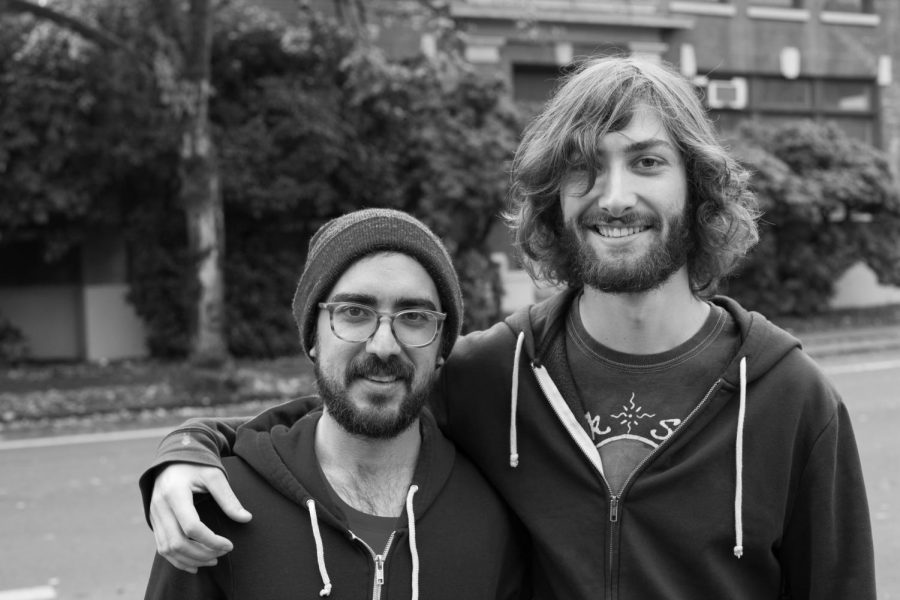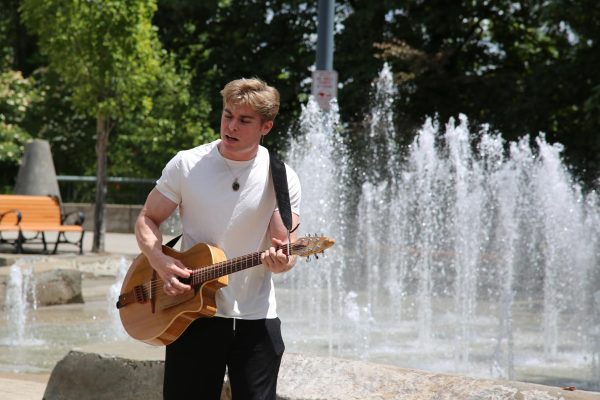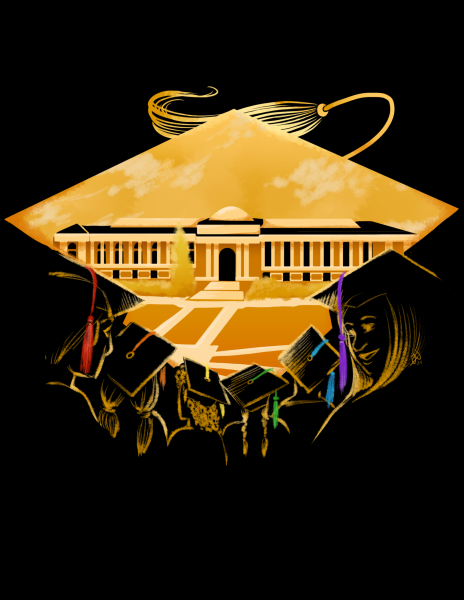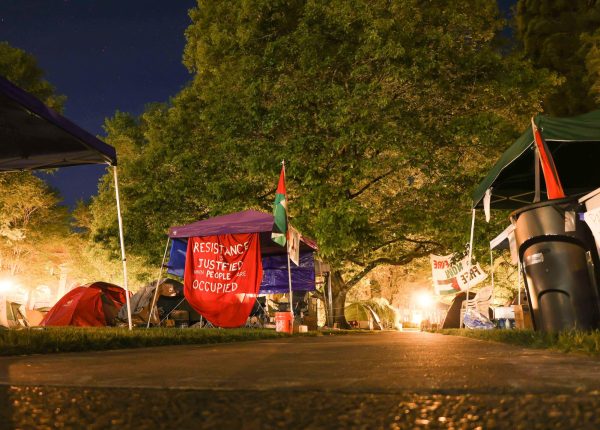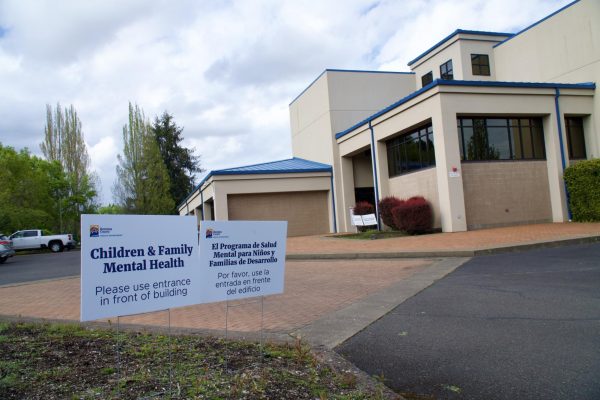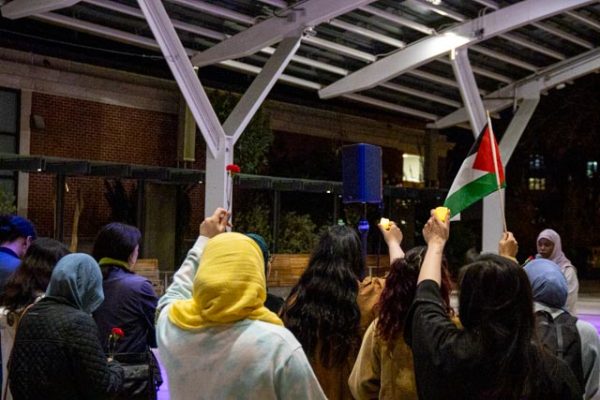Allied Students of Another Politics strives to make a difference on campus without association to a specific party
November 7, 2016
A politically alternative group on Oregon State University campus is a rarity.
At OSU, the more popular political mainstays of the U.S. can be found, such as the College Democrats and College Republicans. There’s even a Libertarian group, though they are still working on getting officially recognized.
Currently, however, those are the only political parties represented; there are no Green, Independent, Constitution or Socialist student groups to be found.
Despite the lack of third parties on campus, there is an alternative, politically unaffiliated, student group trying to make a difference: Allied Students of Another Politics. ASAP began as an assembly of students to brainstorm and develop a radical left political group, and were officially recognized by OSU in Jan. 2015. They describe themselves as being a “horizontal” group; they have no president, no secretary and no treasurer. Everything the group does is consensus based.
ASAP members Alexander Riccio, Isamar Chavez and David DeHart discussed ASAP’s ideals.
“The way I see our values is that we’re against capitalism, heteropatriarchy, white supremacy, settler colonialism and imperialism and all their forms, and that we see a bottom-up transformation of society that reflects a more cooperative, egalitarian, democratic society,” DeHart said.
ASAP’s symbol is a red badge, taken from the 2012 student protests in Ecuador. Across that country, students protested and went on strike against rising tuition costs.
“We made it as a nod to that student movement, but we’ve kind of added some of our own meaning,” DeHart said.
Regarding this year’s elections, Chavez said that ASAP tries to decode political party rhetoric to understand what they are truly saying, and who they are representing. She believes that our voting system disenfranchises minorities and the working class, because no one is representing them.
“Right now, I think that there is an importance in how political structures are put in place, who is representing, and what values politicians and officials are being allowed to be in political discussion, around the public,” Chavez said.
Riccio added that our current form of democracy is voting every two to four years for someone so far removed from us and our lives to represent our beliefs. It does not feel like a democracy at all. An important aspect of ASAP to him, is that it is a direct democracy, and all its members get a say.
“We’re not a group that advocates for incremental changes or reforms within the political system. Basically, the idea is that if democracy actually means anything, it’s not just this passive action every four years to vote for your next elected official,” Riccio said.
DeHart believed that individual members would be voting for various candidates and measures, but the group itself had no statement or point to make about the election.
“ASAP sees movement-based action as the main mechanism of change, at least how I see it. We’re not gonna tell people not to vote, but we don’t have a statement on voting, because we see that as a very minor, incremental and probably for the most part fruitless tactic,” DeHart said.
As for the lack of third party groups, Riccio believes it is due to the hassle of getting permission from different representatives.
“All these disconnected representatives of these parties exist somewhere in the ether that you don’t know,” Riccio said. “The ones with the authority to give you the permission to do what you want to do. That’s something that I would try to avoid.”
However, Candalynn Johnson, ASOSU’s executive director of government relations, stressed that there is nothing stopping students from forming third party groups.
“The only reason there isn’t a presence is because students haven’t done so,” Johnson said. “There’s nothing stopping them from organizing. If there’s a need, there’s a will, there’s a way.”
ASAP’s goals are to build community, educate, inspire transformative change, and to combat oppression. They have an ongoing document, or manifesto, on what they believe a university should look like. It focuses on the student, not on profit and decreasing tuition and class sizes. They also have no higher authority to answer to—aside from OSU; they need permission from the school to host their activities.
It’s up to the ordinary people to come together and to demand change, identify, and have these conversations, and do something. Come out of our comfort zones a bit,” Chavez said.












































































































